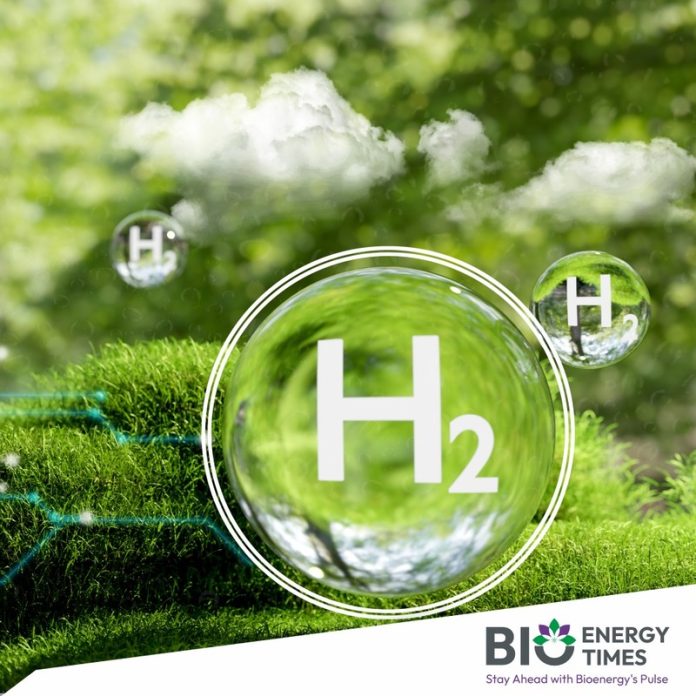Union Minister of State for Science and Technology, Dr. Jitendra Singh, highlighted the Green Hydrogen Mission as a key element in India’s strategy to decarbonize heavy industries, transportation, and power generation during a bilateral meeting on US-India Civil Nuclear Commerce at Prithvi Bhavan in New Delhi.
He stated, “India aims to enhance global climate goals through the Green Hydrogen Mission and collaborations on Small Modular Reactors (SMRs).”
According to the Ministry of Science and Technology, Singh highlighted that this initiative is crucial for promoting innovation in clean technologies and achieving global climate targets. With robust policy frameworks and international partnerships, India is positioned to lead in transitioning to a sustainable energy future.
Additionally, Singh announced that an Indian astronaut from the Gaganyaan Mission will soon join the International Space Station (ISS). He remarked, “Indian astronaut set to join the ISS under Indo-US space cooperation.”
Dr. Singh noted that this achievement in Indo-US space cooperation underscores the significance of collaboration in securing global supply chains, especially in critical areas such as semiconductors, pharmaceuticals, and clean energy technologies.
He also revealed that the Indian government is focusing on international collaborations, investing in research and development, and developing regulatory frameworks to support the use of Small Modular Reactors (SMRs). Singh emphasized that SMRs are vital for India’s clean energy transition, contributing to energy self-reliance and supporting climate goals.
Comparing India’s “Anusandhan” National Research Foundation (NRF) with the US National Science Foundation (NSF), Dr. Singh highlighted the critical roles both organizations play in advancing scientific research and innovation.
He reaffirmed India’s commitment to Prime Minister Narendra Modi’s “Panchamrit” climate action plan, which aims to increase non-fossil energy capacity to 500 GW, reduce carbon emissions by 1 billion tonnes, and achieve net-zero emissions by 2070.
Dr. AK Sood, Principal Scientific Advisor to the Government of India, emphasized the importance of the Indo-US partnership, noting that it involves not only knowledge exchange but also the joint creation of solutions for future challenges. He highlighted the partnership’s potential for driving sustainable development and economic growth.
Dr. Ravi Chandran, Secretary of Earth Sciences, discussed advancements in ocean energy and Carbon Capture, Utilisation, and Storage (CCUS) technologies.
Dr. Rajesh Gokhale, Secretary of the Department of Biotechnology, focused on India’s progress in biomass-to-energy conversion and the successful deployment of biofuels.
Professor Abhay Karandikar highlighted India’s advancements in emerging technologies such as data analytics, artificial intelligence (AI), and machine learning, stressing their strategic importance.
Dr. N Kalaiselvi, Director General of CSIR, showcased progress in lithium-ion battery development and indigenous battery manufacturing, emphasizing the need for sustainable and circular energy storage solutions.
The meeting, which included a high-level US delegation led by John Podesta, Senior Advisor to the US President for International Climate Policy, and David Turk, Deputy Secretary of the US Department of Energy, concluded with both nations reaffirming their commitment to enhancing cooperation in emerging technologies. They stressed shared interests in fostering economic growth, national security, and global leadership in technological advancements.
To read more about Green Hydrogen Industry News, continue reading BioEnergyTimes.com















